When
to
April 01 2020 - 13:15
About the Event
Conference Details
The UKSG Annual Conference and Exhibition 2020 was cancelled due to the global pandemic - see announcement here: https://www.uksg.org/event/uksgconference20/brightoncancelled.
The summary programme is available as a PDF online.
The full programme is available below, along with a number of recorded sessions that were due to take place at the event, these can be found in the resources section below each presentation or collectively on the conference channel here - . (Do note that some of these session have software generated captioning and therefore are not 100% accurate. If you would like a transcript of any of the presentations please feel free to contact events@uksg.org)
Programme
| Time |
Programme and Speakers
Programme
Speakers
|
|---|---|
|
08.00
|
Registration, refreshments and exhibition viewing |
|
08.30
|
Refreshments and exhibition viewing |
|
10.00
|
Opening of the conferenceFollowed by: Greetings from NASIG, Kristen Wilson, President, NASIG Presentation to the 2020 John Merriman Joint NASIG/UKSG Awards, Presented by Ian Jones, Taylor & Francis (UKSG Award sponsored by Taylor & Francis) Presentation to the sponsored students and early career professionals (Award sponsored by Elsevier, Royal Society of Chemistry and Wiley)

Andrew Barker
Chair, UKSG
Andrew Barker has been Director of Library Services at Lancaster University since September 2019. Prior to that he was Associate Director of Library Services at Liverpool John Moores University between 2016 and 2019. Andrew has also held senior library roles at the University of Liverpool and the University of East Anglia.
Professionally, Andrew has a longstanding commitment to USKG, of which he is currently Chair. He was previously chair of the UKSG journal Insights editorial board. |
|
10.30
|
The price of doing the same old thing is far higher than the price of changeTransformative Agreements are shaking up the traditional journal businesses. The subscription model, though it has proved persistent and resistant, struggles to be relevant in a digital world and is under pressure from advances in OA publishing. On the plus side: subscriptions provide a stable business framework; budgetary predictability for academic libraries; a means of spreading scholarly communication costs globally across academic institutions. Journal publishers have come to rely on upfront payments for publishing services. Under these conditions, our research landscape has thrived. However change is needed. Exploding levels of research is just one of the factors that has put the subscription model under pressure; library budgets cannot keep pace with academic taskmasters cracking the whip to ‘Publish or Perish’. Transformative Agreements provide an umbrella under which several forms of business-model metamorphosis are occurring. This talk describes how at the Microbiology Society, we calculated the price of change against the price of staying as we were; what guiding principles and vision drove our decisions, and the way in which we approached and executed changes designed to transition to a business model fit for purpose in the 21st century. 
Gaynor Redvers-Mutton
Gaynor is currently Head of Business Development & Sales at the Microbiology Society. Her key responsibilities and priorities in this role are to develop and diversify our business channels in order to maintain the leading edge science output from a not-for-profit, independent society publisher. |
|
11.00
|
What it means to be transformative: a faster path to an open futurePlan S and the drive towards a full and immediate open access future has put a sharp focus on the role research publishing and research publishers can play in speeding up the transition to full OA. This talk will explore the concept of transformative publishing, transformative journals and transformative read and publish deals in moving us towards an open sustainable research environment. Bringing together case studies/ live examples of those already making changes to workflows, this session will explore examples of current impact and take up, discuss what this could look like in practical terms for stakeholders and help address the main challenges stakeholders are facing in order to be able to move to a fully OA world. 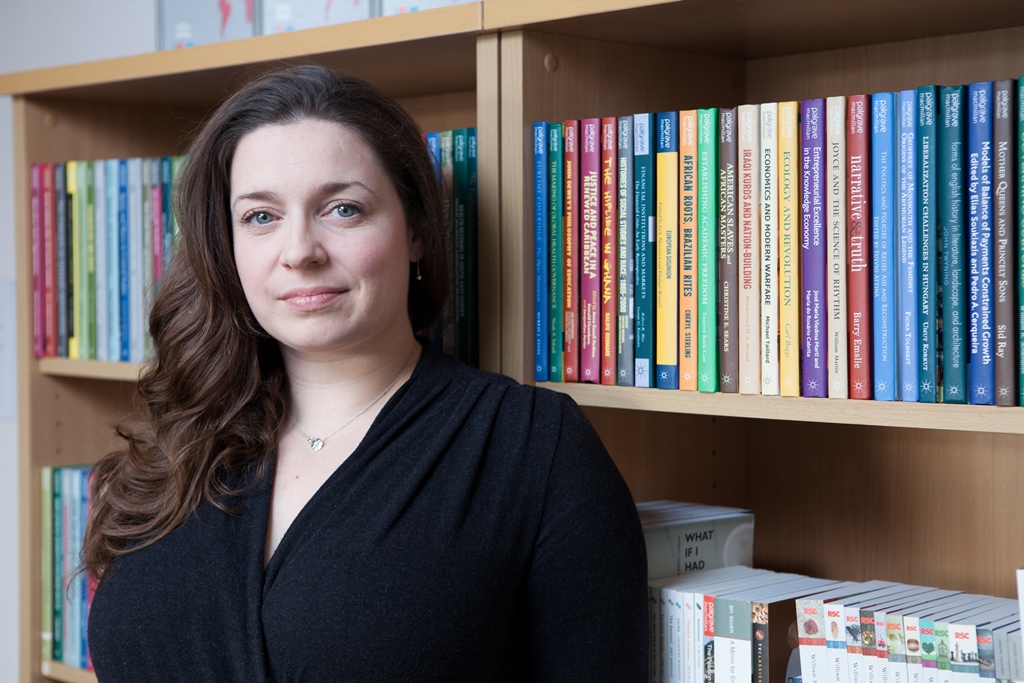
Carrie Webster
Springer Nature
|
|
11.30
|
Transformation in the era of Plan S: Challenges and opportunities in the USWhen Plan S was launched in September of 2018, many observers opined that the U.S. would never embrace a transition of the existing journal literature to immediate OA, dooming to failure the Plan S vision. Eighteen months later, and how things have changed! Or, at least, how they are changing. This talk will describe recent developments and current prospects for OA transformation in the US, highlighting the challenges, opportunities, and diversity of approaches taking shape across the pond.
Ivy Anderson
California Digital Libraries
Ivy Anderson is Associate Executive Director and Director of Collections at the California Digital Library, where she oversees a broad range of shared collections activities on behalf of the ten-campus University of California system, including primary responsibility for systemwide publisher negotiations. Ivy is the CDL lead for UC’s efforts to transition major journal licenses to open access and serves as co-chair of UC’s systemwide Publisher Negotiations Task Force. She currently chairs the Governing Council of SCOAP3, a global open access initiative in high energy physics, and is also on the steering group of the Plan S “Pricing Publisher Services” project. |
|
12:00
|
Lunch and exhibition viewing |
|
12.45
|
Diamond Sponsors: ACS Update: Development of OA programmes, and product update
Alastair Cook
Regional Sales Director EMEA
ACS Publications
|
|
13:30
|
Breakouts - Group A
Recorded Presentations available below The research technologist - A valuable allrounder in any academic team - Andy Tattersall, The University of Sheffield
|
|
14.30
|
Breakouts - Group B |
|
15.30
|
Refreshments & exhibition viewing |
|
16:00
|
Breakouts - Group CRecorded Presentations available below Developing an institution's textbook and courseware strategies Caroline Mackay Jisc Collections Becky Hartnup Becky Hartnup Consulting |
|
17:00
|
Using chatbots to increase discovery and interaction with learning resources in Further EducationFE Learners and teachers can benefit from Chatbots that support searching within Jisc’s FE and Skills digital content services. Benefits include:
Pete Collins
Jisc
|
|
17:10
|
Let's ROR together! Building an open registry or research organisationsROR (Research Organization Registry) is a community-led project to develop an open, sustainable, usable, and unique identifier for every research organization in the world. In this session, the ROR team and community stakeholders will discuss the problem ROR is trying to solve, walk through the basics of the registry, share example implementations of ROR IDs, and hear your ideas and questions about how adoption of ROR IDs can enable more efficient discovery and tracking of publications across institutions and funding bodies and support existing workflows within the UK and Europe related to OA policies, the REF, and more. Let’s ROR!
Resources
Rachael Lammey
CrossRef
Rachael Lammey has worked for Crossref since 2012. She joined as a Product Manager before moving to the Member & Community Outreach team in 2016. She heads up community outreach, working with Crossref’s international member base to increase knowledge and get feedback on Crossref services. This involves running events, webinars and an ambassador and sponsor program. She also gets involved in industry groups to work on areas concerning metadata, organisation identifiers and data citation feb 19
Maria Gould
The University of California
|
|
17:20
|
Supporting the STEAM Curriculum: Resource provision at the RCAThere has been a growing awareness among educators of the benefits of studying arts and sciences alongside one another, the evolution from STEM to STEAM. This meeting of arts and technology is increasingly important at the Royal College of Art, where researchers are engaging creatively with the challenges of society and producing innovative and far reaching results. This talk gives an insight into the interdisciplinary research landscape at the RCA and highlights the ways in which the library is seeking to support this learning environment.
Klara Finnimore
Royal College of Art
|
|
17:30-18:30
|
Exhibition viewing and Reception |
|
19:00
|
Supper and quizPre-booking was required.
Sponsored by Mary Ann Liebert Inc
|
| Time |
Programme and Speakers
Programme
Speakers
|
|---|---|
|
08.30
|
Registration, refreshments and exhibition viewing |
|
09.00
|
What's on your reading list? A proof of concept decolonising the curriculum projectA group of three are currently undertaking a proof of concept project by reviewing the data captured for the CLA Licence of our key digitised readings in 2018/19. The data will be reviewed, and authors tagged for gender, ethnicity/nationality and geographically where titles were published as well as the publishers. The findings will be sent to relevant departments to take into consideration when reviewing their curriculum and to contextualise the debate about existing attainment gap/decolonising the curriculum. The presentation will be on the general findings of this projects and the impact if any on departments and possible next steps. 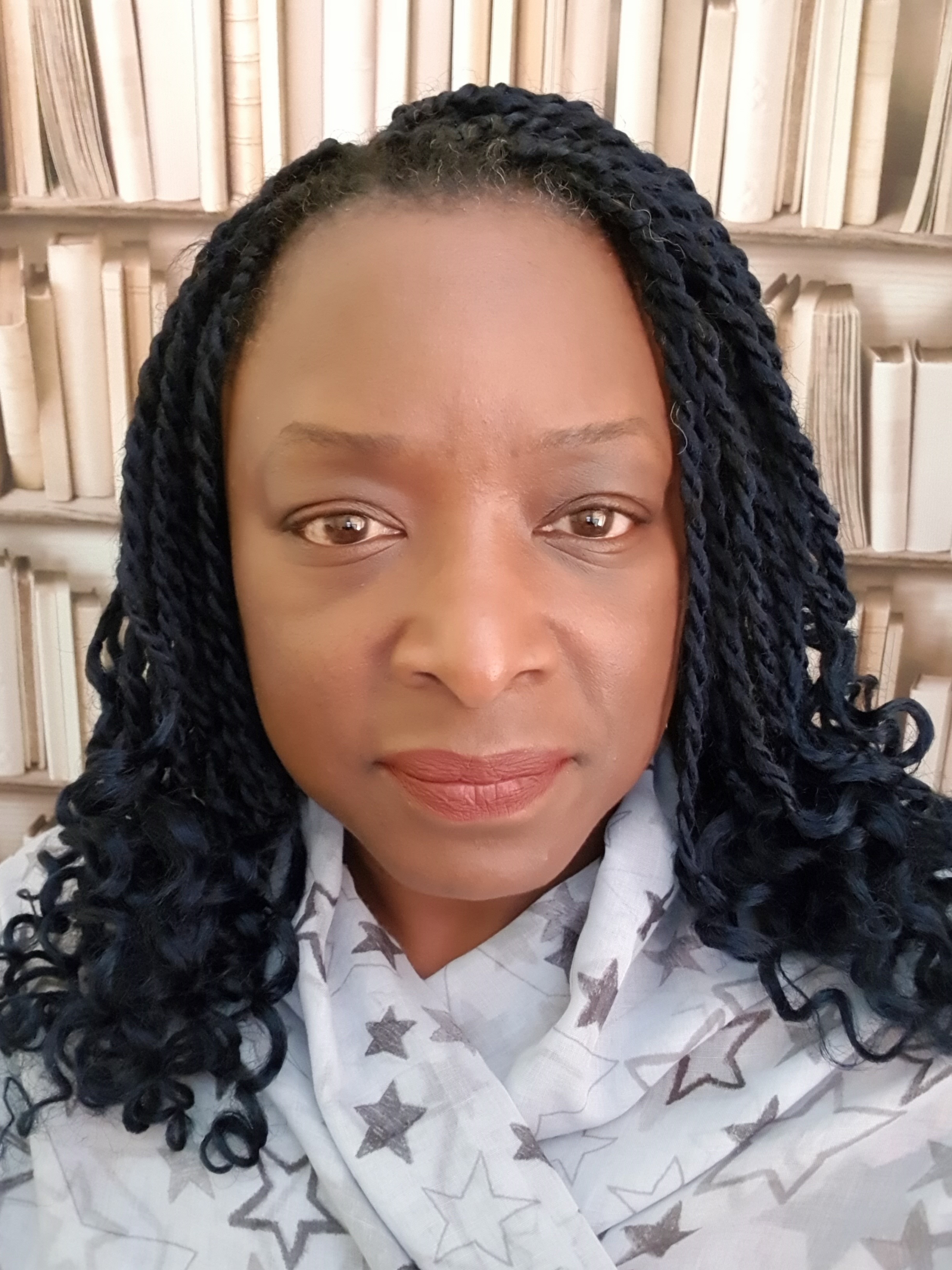
Elizabeth Charles
Birkbeck, University of London
Elizabeth has worked in the higher education sector and in Library and information for more than 20 years. Her areas of interest are digital learning, digital/information literacy and widening participation; where these are employed in her current post as Assistant Director of Library Services (E-Services, Systems and Collections) at Birkbeck, University of London. She has been involved with the Association for Learning Technology since 2013 and became a Trustee in 2017. She is actively involved in TEL developments in her institution, working with academics and the Bloomsbury Learning Exchange consortium. One of her current areas of interest is working with an academic research centre on the 'Decolonising the Curriculum' at Birkbeck, alongside undertaking a proof of concept project in the Library and has recently had published an article on “Decolonizing the curriculum” at https://insights.uksg.org/articles/10.1629/uksg.475/ |
|
09.30
|
Practising inclusivity and diversity - reflecting your student cohort in hiringRepresentation in libraries matters. Recent research on the experience of BAME staff in academic and research libraries found that “that lack of diversity in the library profession was not being acknowledged, nor taken seriously, by the senior management of academic and research libraries.” This perpetuates inequality within librarianship and leads to our failing our customers. Diverse teams perform better, have a better understanding of their customers they serve and are more innovative and creative. In this talk I will share data on diversity at the University of Salford, what this tells us and the actions we are taking in response. 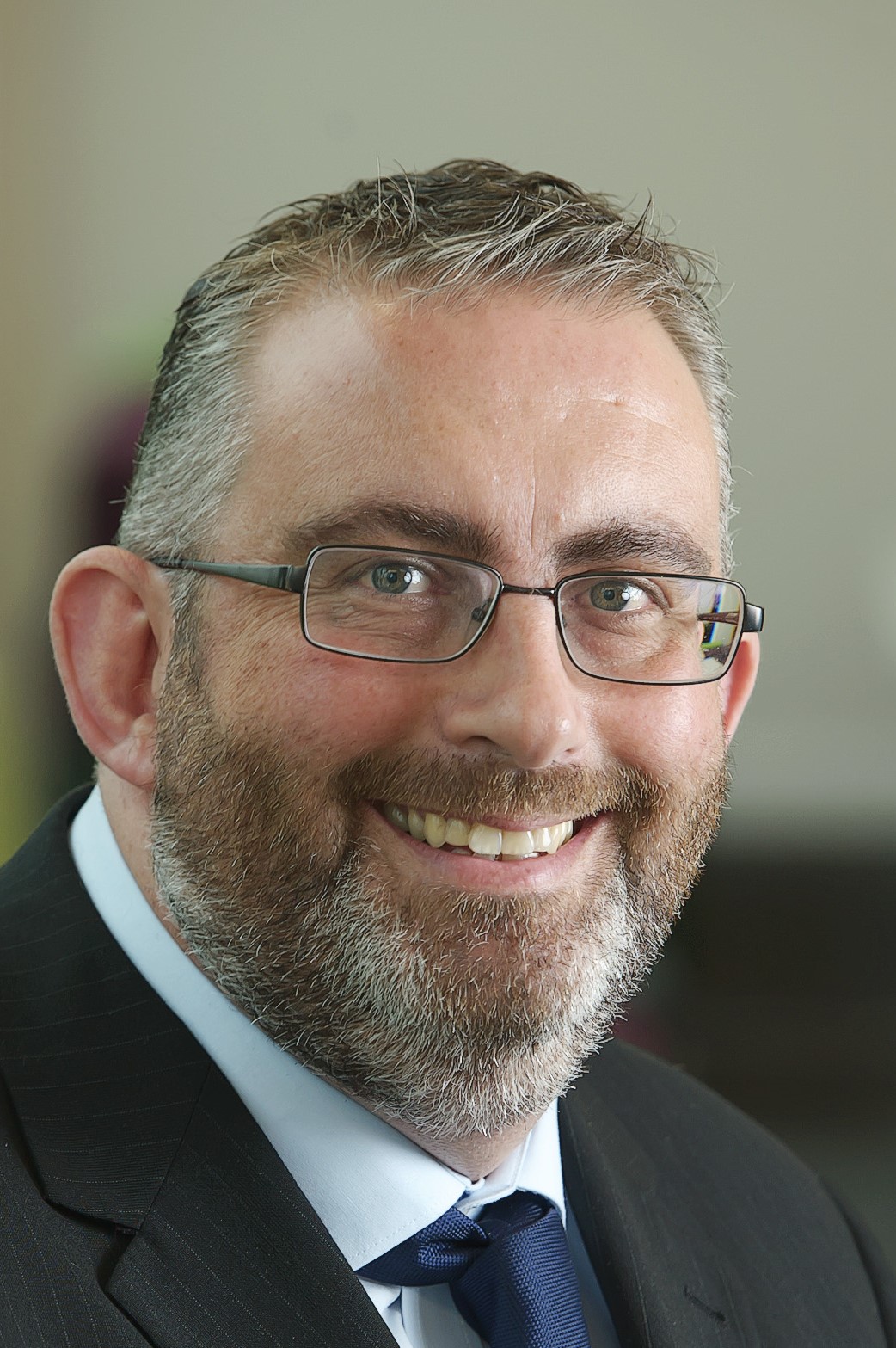
David Clay
University of Salford
David Clay is University Librarian at the University of Salford, providing strategic leadership and vision for libraries, learning spaces and print services. He previously served as Associate University Librarian (Learning and Research Support) at the University of Salford where he was responsible for developing services in support of teaching, learning and research and on development of the library’s collections. David’s current focus is on developing the academic library workforce to meet shifting priorities and new service directions. |
|
10.00
|
Liberate our library: social justice and the need for changeThe Goldsmiths Library Liberate our Library campaign seeks to align itself with the call for social justice amongst students by identifying practices that marginalise and discriminate against those in the minority. It also calls for the de-centring of Whiteness in the curriculum as well as on the bookshelves. This presentation will highlight the work so far, which includes: the liberate our degrees book suggestions and collection, working alongside academic departments to decolonise the curriculum, collaborating with teaching staff on inclusive reading lists using Talisplayer, and delivering workshops covering subjects like – Resistance researching, and Decolonizing research methods.
Resources
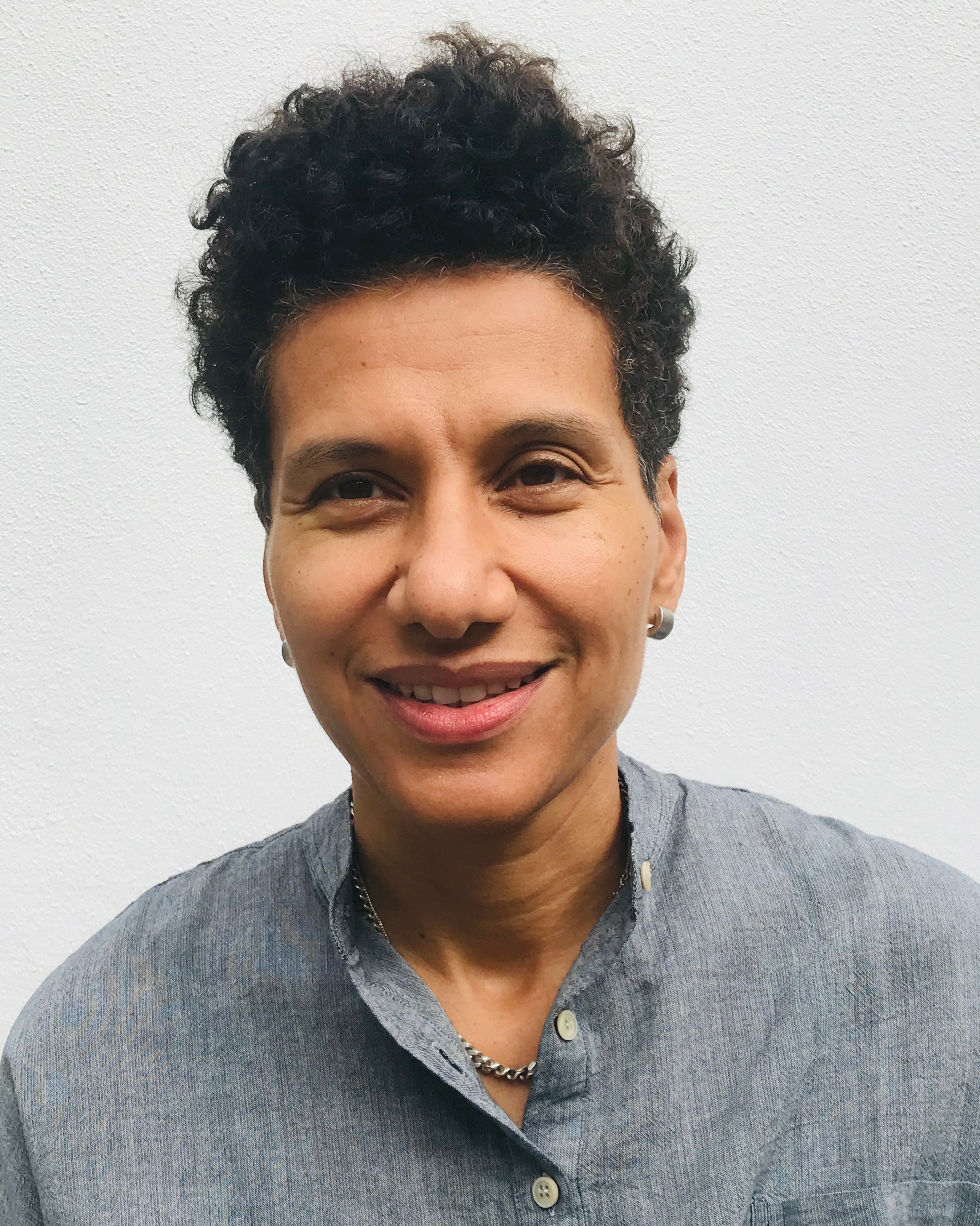
Marilyn Clarke
Goldsmiths, University of London
Marilyn Clarke has a MSc in Race and Ethnic Relations. She has worked at Senate House Library, Imperial College, and now, Goldsmiths College. She is a co-Chair of the Goldsmiths Race Equality Group, and a member of the HR Equalities Committee. She leads the Liberate our Library Working Group at Goldsmiths, which includes Student Union representatives. She has co-delivered workshops on decolonising research and curricula, most recently at the Advance HE EDI Conference in Liverpool 2018, and, by invitation to Manchester University at their Decolonial Curricula workshop in January 2019. In 2019 she presented at ALISS, NoWAL, BLA and ILI. |
|
10.30
|
Refreshments & exhibition viewing |
|
11:00
|
Breakouts - Group ARecorded Presentations available below The research technologist - A valuable allrounder in any academic team - Andy Tattersall, The University of Sheffield |
|
12:00
|
Community and university owned Open Infrastructure: Results from the MIT Landscape ScanWith increasing industry consolidation around researcher and publisher services, there are growing concerns that commercial and proprietary players will “lock in” the entire research life cycle. As a result more universities and non-profits are building platforms for the publication, preservation, and dissemination of research works from articles to monographs and beyond. In 2018, the Andrew W. Mellon Foundation funded a project with the MIT Press and the MIT Knowledge Futures Group to conduct a landscape scan of open source platforms. John Maxwell of Simon Fraser University undertook this survey which resulted in an in-depth examination of several dozen open source platforms. This poster highlights key findings, including challenges around sustainability and scalability; strategies for effective collaboration; and potential next steps.
Resources
Heather Staines
Knowledge Futures/MIT
|
|
12:10
|
The Library as a modern Supermarket, how to keep stuff on the shelves without overstocking“The library, as we know it, is obsolete. Now that most books are accessible online, the building once dedicated to silence and study is increasingly turning into a lively public gathering place—when it’s not disappearing altogether.” Since before the turn of the millennium, I have been a “get rid of print” evangelist – libraries and library vendors should just work together on finding the best management and discovery options and users would happily follow……… or not, as it turns out. Library users are not that easy to sway, and it seems that despite a marked global decline in circulation, the joy of handling a physical book will be here for a good while still. This poses certain problems for many libraries, as the public perception, and especially the perception of funders, has been swayed by constant messages like the one above. Now physical space is being repurposed for events, exhibitions and other cultural activities. In some countries it is also increasingly difficult to secure funding for “behind the scenes” work like material handling. But with patrons still wanting a good selection of fresh new books, many libraries find themselves between a rock and a hard place. Facing this, the two biggest libraries in Denmark, Aarhus and Copenhagen, in collaboration with Lyngsoe systems developed a modern logistic management system much like the warehouse management system which controls the flow of goods in a supermarket: Items must be displayed attractively, and alerts sent to the system if replenishments are needed, goods that doesn’t move well needs to be weeded out and each branch have a profile mirroring the needs of the individual communities. All the way through all items are documented and checked. Every item can be traced at any given time. The library knows exactly where a particular set of DVD’s are.
Helle Lauridsen
Lyngsoe Systems
Henrik Kjelgaard
Lyngsoe Systems
|
|
12:20
|
Evidence and emotion: establishing a workplace journal club to share knowledge, experience and camaraderieContinuing professional development is hugely beneficial to individual and institutional learning, but restricted budgets, lack of time, and busy workloads are common barriers to participation. But what are librarians good at? Finding research literature. And what do librarians need a lot of? Coffee. A journal club creates an opportunity to engage with scholarly work and share personal practices in an informal and democratic space. By bringing together the evidence and creating protected time to air reflections and concerns, a journal club can contribute to a sense of shared understandingand solidarity. I will share practical guidance on establishing and managing your own journal club.
Hannah Hickman
Open research data & bibliometrics specialist
Hannah has recently moved to a research support role, having previously worked as a liaison librarian and in community engagement. She is interested in the intersection of critical information literacy and scholarly communications. |
|
12:30
|
|
|
13:00
|
Lunch and exhibition viewing |
|
13.30
|
Platinum Sponsors: Gale, a Cengage company - Digital Humanities for the 99% or: How we can all learn to stop worrying and love text and data miningThe approaches to research encompassed by the umbrella term 'digital humanities' allow us to ask completely new questions, or reveal new insights into seemingly closed discussions. For those on the inside, with the relevant skills and resources, it is a radically exciting time. What about the rest of us, the "99%" if you will? In this presentation I will talk about how Gale's Digital Scholar Lab is designed to make elements of Digital Humanities accessible to all levels of users. In particular, the new "teaching layer" introduces pedagogical tools that will bring Text and Data Mining into the classroom. 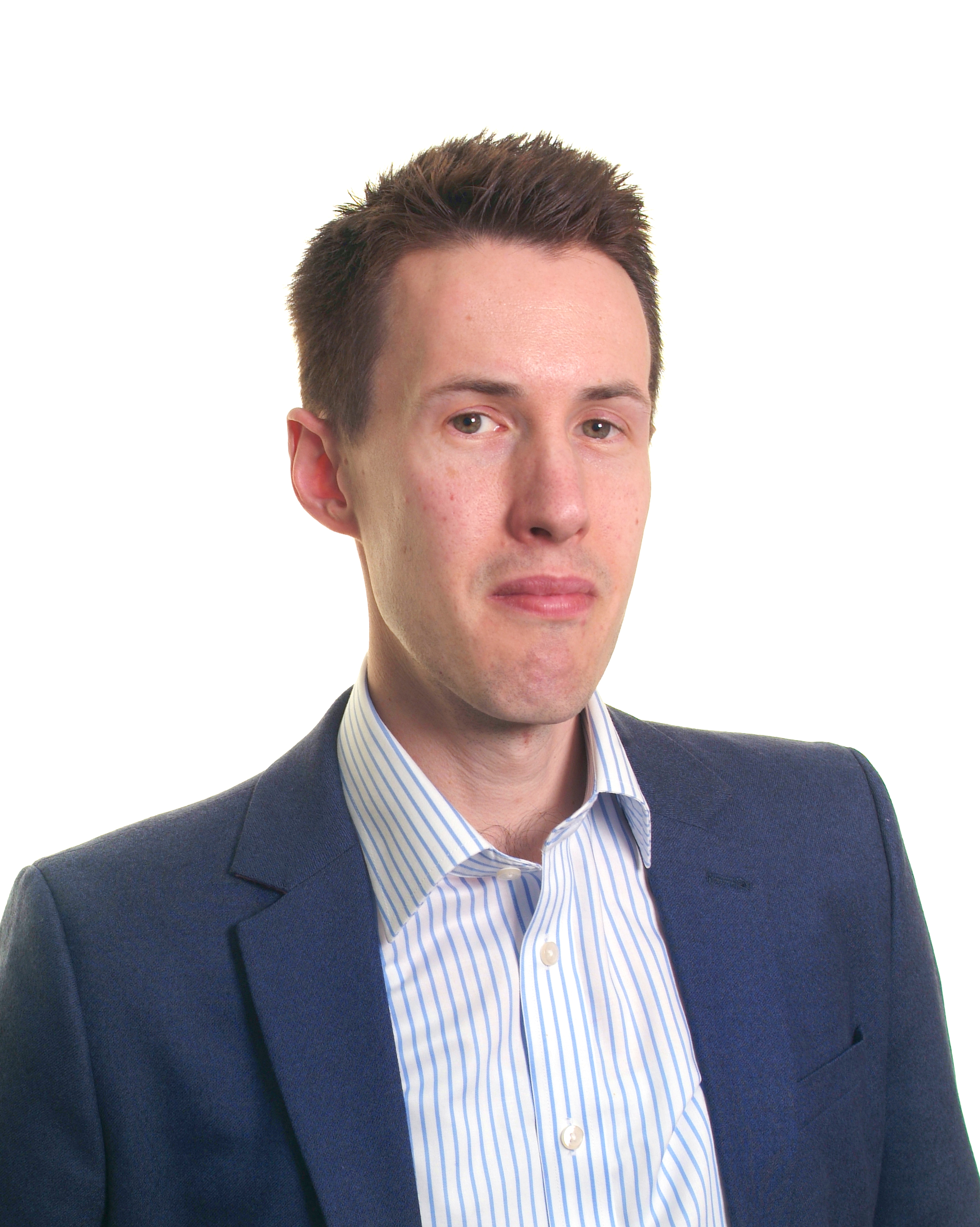
Seth Cayley
VP, Primary Sources -
Gale, a Cengage Company
Seth Cayley is the Vice President for Gale Primary Sources at Gale, a Cengage company. He and his global team are responsible for commissioning and creating Gale's award-winning digital archive products, which include 19th Century British Library Newspapers, Eighteenth Century Collections Online, and China and the Modern World. Seth and his team work with many of the world's leading libraries to conserve and digitise their special collections, and make them more widely available to researchers and students worldwide. Partner libraries include The British Library, Harvard Libraries, the Second Historical Archives (Nanjing) and the University of Oxford's Bodleian Library. In total, the Gale digital archive programme contains more than 200 million pages of scanned rare materials, covering over 800 years of global history. These products are available in more than 5,000 libraries worldwide. Seth has written a number of articles about digital resources - and their impact on research and teaching - for both academic journals and the mainstream press, and regularly presents at conferences worldwide. See: S. Cayley "Digitization for the Masses: Taking Users Beyond Simple Searching in Nineteenth Century Collections Online", Journal of Victorian Culture Vol 22 Issue 2 (2017) DOI: http://dx.doi.org/10.1080/13555502.2017.1301180 S. Cayley and C. Horrocks, "The Punch Historical Archive, 1841-1992: A Sustainable Brand for the Digital Age", Victorian Periodicals Review, Vol 48 Number 2 (2015) https://muse.jhu.edu/article/585971 http://edtechnology.co.uk/Article/captivating_content_ http://www.theguardian.com/media/2010/apr/15/illustrated-london-news-archive-online http://www.ifla.org/files/assets/newspapers/Geneva_2014/s6-smyth_wisdom-en.pdf http://www.researchinformation.info/features/feature.php?feature_id=357 http://americanlibrariesmagazine.org/blogs/the-scoop/punch-authors-revealed-for-the-first-time/ |
|
14:30
|
Breakouts - Group B |
|
15:30
|
Refreshments and exhibition viewing |
|
16:00
|
Breakouts - Group DRecorded Presentations available below Evidence-Based Acquisitions (EBA): A case study from Maynooth University Library - Elizabeth Murphy, Maynooth University |
|
17:00
|
Principles, models and toolkit for transformative Open Access agreementsThe relationship between libraries and society publishers has potential for becoming much closer. As societies seek to transition to Open Access (OA) there is new opportunity to work together to achieve shared strategies. In 2019 new principles to inform the development of transformative agreements were jointly developed by representatives of library consortia and society publishers as part of the SPA OPS project. A model transformative agreement toolkit built on these principles was developed, and then piloted by societies and consortia in a number of countries. This presentation will provide a first overview of those pilots and lessons learned.
Resources

Alicia Wise
Information Power
Alicia Wise is a game changer working at the intersection of copyright, digital technologies, policy, and people. As a conceptual thinker and experienced communicator, she has expertise in driving organisational development and transformational change. She has been active in Open Access for 20 years as an academic author and in roles with funders, libraries, consortia, publishers, and universities. Prior to joining Information Power Ltd she held roles with Elsevier, the Publishers Association, Publishers Licensing Society, Jisc, Archaeology Data Service, and in universities. She has served on the boards of organisations including Access to Research, Accessible Books Consortium, CHORUS, CLOCKSS, Digital Preservation Coalition, and Research4Life. |
|
17:10
|
You can publish that: How librarians can promote a culture of undergraduate research and scholarshipUndergraduate research experiences provide undisputed benefits to students. By offering services and tools to engage, support, and promote undergraduate work, the library plays a key role in attracting and retaining an institution’s best and brightest students. In this talk, a librarian from a small arts and humanities institution in the U.S. explains how library services and an institutional repository work in tandem to create experiential learning opportunities for undergraduates while simultaneously highlighting their research. Attendees will come away with strategic lessons to promote the originality and academic enterprise of your students and emphasize the library’s role in cultivating a mission of undergraduate success.
Kathleen Spring
Linfield College
|
|
17.20
|
"Trigger happy users" - PDA in a cross-Disciplinary research InstitutionFor modern libraries of today, it is common knowledge that book collections are evolved and maintained more efficiently by using Patron Driven Acquisitions (PDA). The University Library of Southern Denmark is a “late mover” in this area - to the extent of not having a full-scale PDA system in service yet. In our presentation and poster, we will share some thoughts on why this is no simple matter for a university library like us, catering to curricular and research needs of a medium sized, cross-disciplinary research institution in a non-English-speaking country. We will also share observations made during a year-long PDA experiment with few restraints, where the system was set up to allow users as much “natural behaviour” as possible.
Resources
Kamilla Jensen Husen
University of Southern Denmark
|
|
17:30-18:00
|
Exhibition viewing |
|
19:00-01:00
|
Gala Reception and Networking EventThis year's Gala event will be different - we have taken over a club to allow lots more time for networking. Please feel free to come and go during the evening just remember to show your badge to security to get back in. Hot and cold food and drinks will be provided. There will be quiet rooms for relaxing and chatting, plus the main event rooms - lots of opportunities for networking! Key milestones for the evening: 19:00 Welcoming address from the Chair of UKSG, Andrew Barker and a welcome from the sponsors of our evening, Springer Nature 20:15 Our very own UKSG band will be playing a selection of hits 21:00 - 01: 00 The UKSG disco |
| Time |
Programme and Speakers
Programme
Speakers
|
|---|---|
|
09.00
|
Registration, refreshments and exhibition viewing |
|
09:30
|
Breakouts - Group CRecorded Presentations available below Developing an institution's textbook and courseware strategies Caroline Mackay Jisc Collections Becky Hartnup Becky Hartnup Consulting |
|
10.30
|
Refreshments and exhibition viewingGround Floor - Foyer |
|
11:00
|
Breakouts - Group DRecorded Presentations available below Evidence-Based Acquisitions (EBA): A case study from Maynooth University Library - Elizabeth Murphy, Maynooth University |
|
12.15
|
Inclusion and equity in practice: Emerald's Stride projectIn creating an environment which supports inclusion and equality, culture will eat metrics for breakfast. How do you create belonging without conformity? How do you effectively align internal and external missions to ensure authenticity? This session will explore Emerald Publishing’s approach to an internal D&I programme – the opportunity, challenges, and results – going beyond the textbook approach to create a community-driven movement. 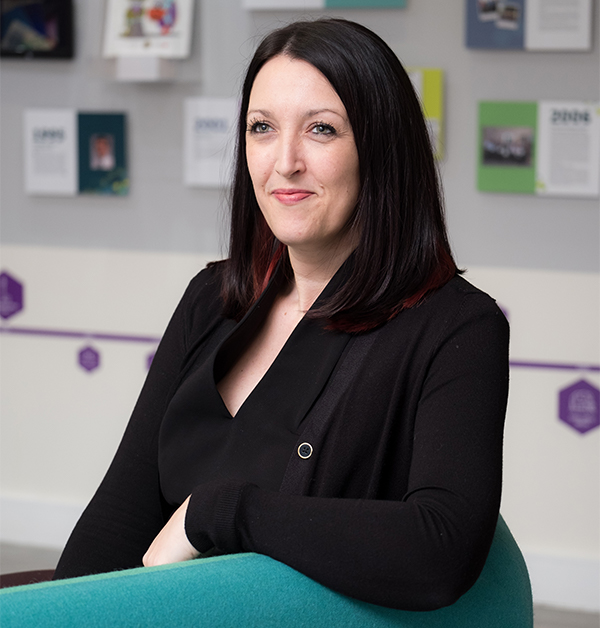
Vicky Williams
Emerald Publishing
Vicky has held a variety of senior roles at Emerald, including Head of Publishing Development, Director of Business Development and Marketing, and most recently, Group Director of People and CEO of Emerald’s creative business, Research Media. This range of experience – spanning editorial, new product / digital development, business intelligence, HR and global marketing communications – provides broad insight into the challenges and opportunities facing academic publishing. It’s an exciting time to lead Emerald in meeting them. Vicky is also a keen advocate for diversity in academic publishing, launching Emerald’s workplace diversity programme, STRIDE, in 2015, and speaking on the issue at international conferences and events. |
|
12.35
|
Leadership, inclusivity and open researchAn important element for successful innovation in Libraries is developing a culture of experimentation, built on the principles of inclusion with an appreciation and encouragement of diverse ideas, thoughts, structures, and people. Often at the beginning of this process, a bold approach is needed to break existing silos, champion inclusion, take new approaches and set the overall direction. This talk will focus on how we are developing a culture of experimentation and inclusion at the University of York Library & Archives, and what can be done to make a sectoral difference. 
Masud Khokhar
University of York
Masud is the Director of Library and Archives at the University of York where he oversees all developments for the Library and Archives and contributes to the overall governance of Information Services Directorate. Masud’s career has focused on digital leadership and innovation in the rapidly changing library and archive environments, especially around strategy development, digital innovation, open research, and staff empowerment. Masud is a member of the Board of Directors of Research Libraries UK (RLUK) where he leads on the Digital Scholarship and Digital Shift themes and is a keen supporter of digital leadership and diversity in academic libraries. |
|
12.55
|
A Scholar-Activist’s Reflections: Generating Counter-Orthodoxy Spaces Through Pedagogies of DisruptionGlobal Youth Work as a discipline aims to 1) provoke consciousness and 2) support those most affected, to take action. In the speaker’s situatedness as a scholar-activist, he will draw on his heretic attempts to engender pedagogies of disruption in the realisation of the dual mandate of Global Youth Work; especially in decolonising the curriculum and supporting action based on social justice. In sharing his work in active advocacy that brings academics, students, policy makers and practitioners together, to develop curriculum currency and maintain a constant dialogue between theory and practice, the speaker will draw on his work both in England and The Gambia, in setting up a journal that promotes critical Southern voices, setting up a library with colleagues from De Montfort University in The Gambia, convening the annual “questioning the logic of the system” conference, and in generating counter-orthodoxy spaces, both in theory and practice. 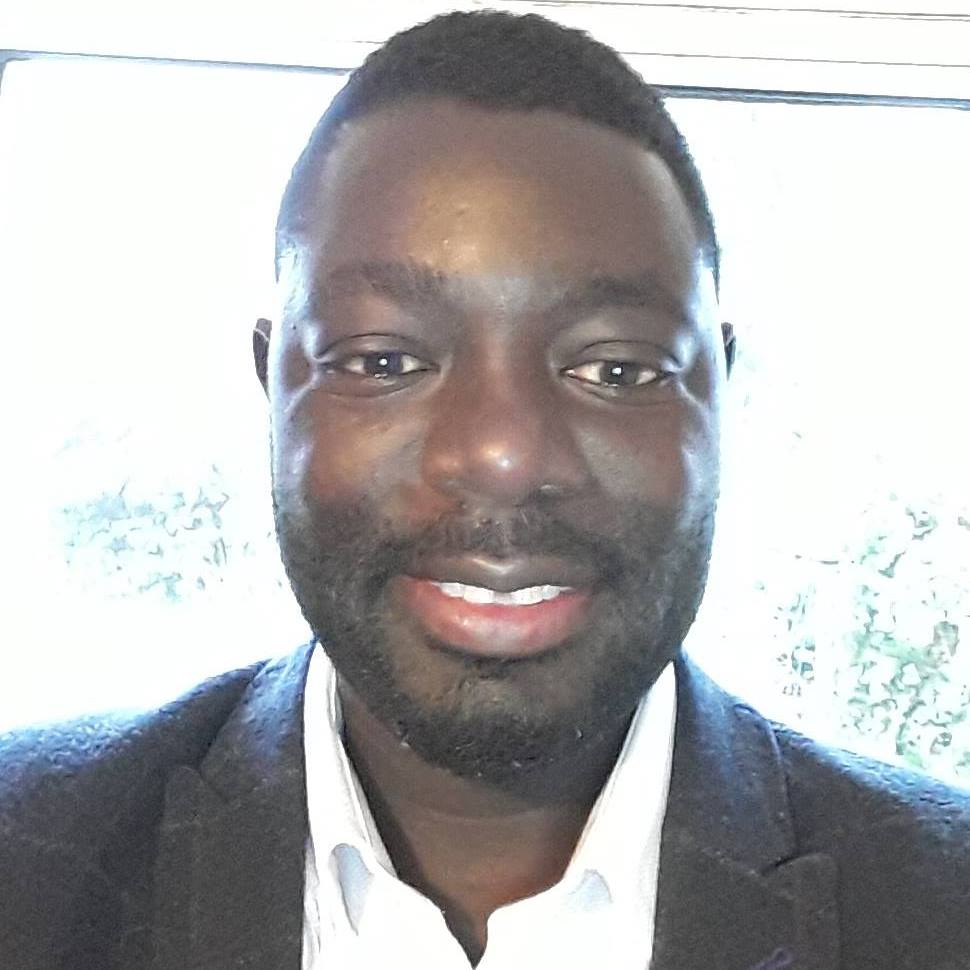
Momodou Sallah
De Montfort University
|
|
13.15
|
Close of Conference |
Registration
£ 475.00 + £ 95.00 VAT
UKSG Member - £475.00 +VAT (total £570.00)
£ 645.00 + £ 129.00 VAT
UKSG Non-Member - £645.00+VAT (total £774.00)
£ 0.00 + £ 0.00 VAT
None/Other: e.g. Day Delegate Options
Contact
For any queries
General queries - events@uksg.org
Sponsorship queries - Beatrice Palombo Fumey, Marketing Manager, Content Online, +46 (0)72-253 62 99; beatrice@contentonline.com
Exhibition queries - Karina Hunt at KHEC - karina@khec.co.uk /telephone 07900 165948
NB: UKSG reserves the right to alter or vary the programme due to events or circumstances beyond its reasonable control without being obliged to refund monies.


